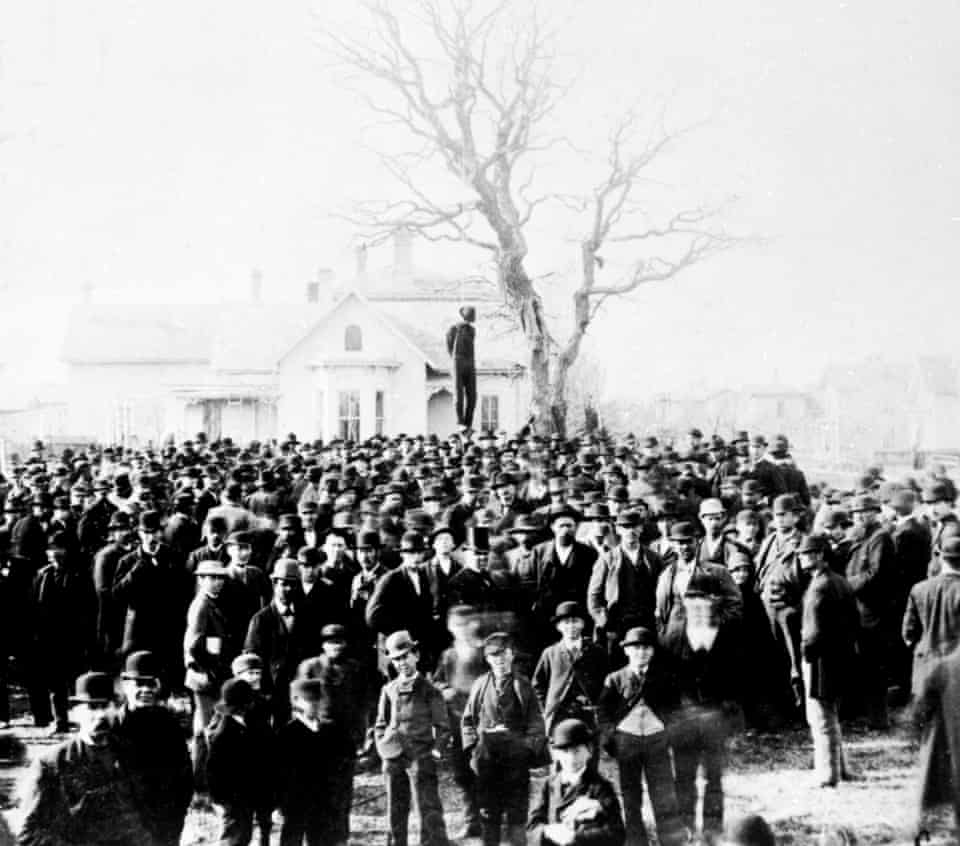Anti-lynch law is hung on a technicality
I am so glad the U.S. Congress bravely passed a bill — the Emmett Till Anti-Lynching Act — to outlaw lynching, and President Joe Biden courageously signed it into law. Emmett Till was a victim of lynching.
Lynching is defined as an extrajudicial killing by a group, most often used to characterize public executions by a mob in order to punish an alleged transgressor, punish a convicted transgressor, or intimidate people.

In other words, it is homicide, which is already illegal in all 50 states.
The last reported lynching in the U.S. was in 1981, 41 years ago, and resulted in death penalties and life sentences for the perpetrators -- absent a lynching law.
I recently read that some people refer to the 2020 murder of Ahmaud Arbery as a lynching.
OK. Here are the facts.
All three white perpetrators were convicted of felony murder. Two were sentenced to life with no parole, and one got 30 years. That was followed by a conviction in a federal “hate crimes” trial, and the three still will be tried for state hate crimes.
Shall we add the one-time American institution of lynching to the three trials and make it four? Does this advance the cause of justice?
How many life sentences are required for justice? How much wasted court time and legal expense do we need?
So-called hate crimes are cleverly interpreted to avoid the Constitutional guarantee of double jeopardy, which is protection from being prosecuted twice for the same crime. Or thrice.
It is hung on the technicality that ”hate crimes” are different crimes from the main crimes.
No matter the good intentions, that’s a crock.
A “hate crime” is defined as a prejudice-motivated crime that targets victims because of their membership in a certain social group or demographic.
George Floyd’s murder was not a “hate crime,” but the officers involved were convicted nevertheless.
The only time federal “hate crimes” should be invoked is when you have a case, like Emmett Till’s murder in 1955 Mississippi, when getting a fair trial is impossible.
It is no longer 1955 in Mississippi.
The no-point, feel-good anti-lynching law is redundant, unnecessary, and actually counter to fairness and equal protection under the law.
Its negatives outweigh its benefits.



